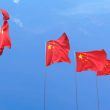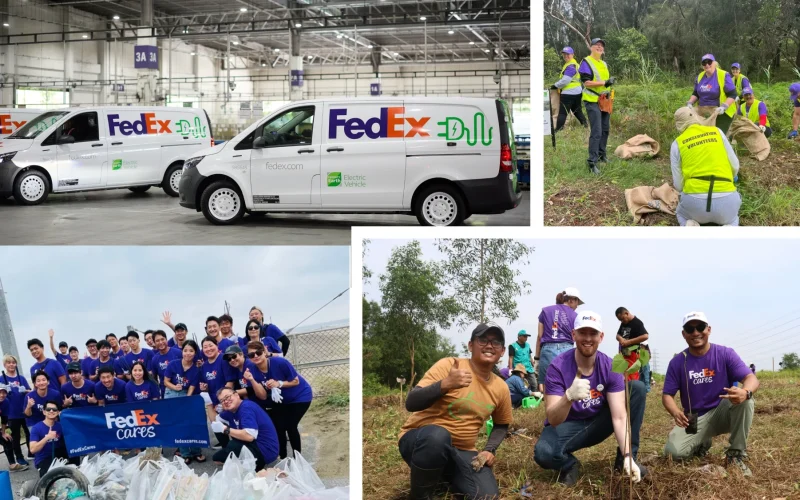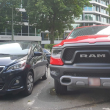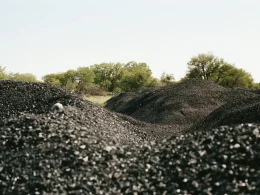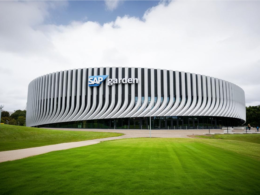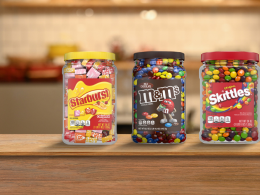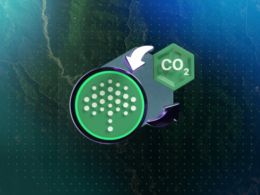FedEx is accelerating its push towards decarbonisation in Asia Pacific while stepping up its community programmes, according to its latest sustainability update for Fiscal Year 2025 (June 2024–May 2025).
The company, which has pledged to achieve carbon-neutral operations globally by 2040, has expanded its deployment of electric vehicles (EVs) and invested in renewable energy across key markets in the region. At the same time, employee volunteering in sustainability-related community projects has risen by more than 20 per cent year-on-year.
“In today’s climate-conscious business environment, our investments in expanding an electric vehicle fleet and integrating renewable energy across the Asia Pacific region reflect our long-term vision for sustainability,” said Kawal Preet, President, Asia Pacific, FedEx.
By the start of FY25, FedEx had rolled out 8,018 EVs worldwide, with new additions in Japan, New Zealand, Singapore and Thailand. In early 2025, the company also deployed its first six electric cargo vans in South Korea to serve high-density areas of Seoul and Busan. Complementing its fleet shift, FedEx is adopting AI-powered route optimisation tools, such as its Stops Sequencing technology, to cut fuel use and improve efficiency.
Renewable energy is another focal point. Since January 2025, the South Pacific Regional Hub in Singapore has been meeting more than half its electricity needs through solar power, which also charges its local EV fleet.
FedEx’s community engagement programme, FedEx Cares, has also expanded. In FY25, staff supported projects ranging from mangrove restoration in Indonesia to riverbank clean-ups in Japan, planting more than 3,400 trees and native plants. Its Purple Tote Campaign mobilised over 800 employees to donate 3,600 kilograms of essential supplies, benefiting 1,600 people across the region.
The company’s educational initiatives also grew, with its Library Programme reaching 40 schools and communities in rural China, benefiting 9,000 children and teachers. Meanwhile, nearly 4,700 students from nine Asia Pacific markets joined the FedEx/Junior Achievement International Trade Challenge, tasked with creating market entry strategies for products that support a circular economy.
FedEx said its approach remains rooted in the strategy to “decarbonise what’s possible, co-create with purpose, and neutralise what’s left,” as it looks to scale both operational and community impact in the years ahead.












